The fight against vaccine hesitancy is more important than ever
More than 20 years after an article linking the MMR vaccine to autism was published, Heidi Larson, head of the Vaccine Confidence Project, is still fighting to change the public’s mind, writes Mick O'Hare

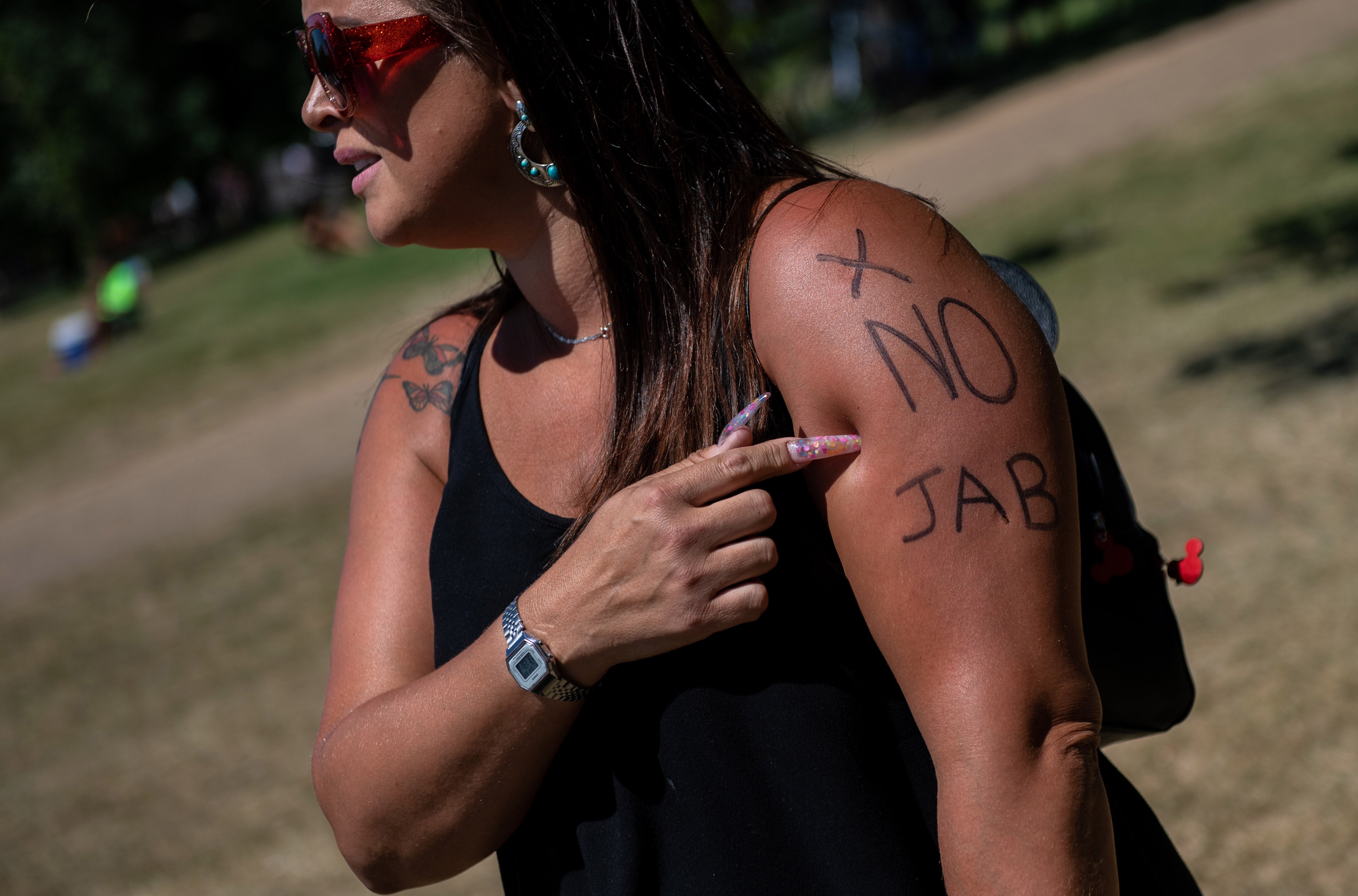
In 2003 Heidi Larson was leading Unicef’s worldwide communications strategy for new vaccine rollouts in partnership with Gavi, the international vaccine alliance. She was embroiled in countering the Nigerian boycott of the polio vaccination, while elsewhere the measles, mumps, rubella (MMR) scandal had begun to hit the headlines – unsubstantiated rumours linking the MMR vaccine to autism had been circulating for years and been given unfounded credence by a paper published in The Lancet. She realised distrust in vaccines was growing – most of her time seemed to be spent firefighting the escalating problem rather than focusing on clinical trials and vaccine delivery.
“When Wakefield’s paper on MMR and autism was published, it went global,” says Larson. “It was a tragedy for people and for vaccines.” In 1998 British physician Andrew Wakefield published his now notorious paper, making unfounded and erroneous links between children receiving the vaccination and later developing autism and inflammatory bowel disease. Wakefield was eventually discredited and struck off the medical register, but the damage was done.
“In the UK alone, he set the cause of vaccination back 15 years,” says Larson. “Measles vaccination dropped off dramatically and it’s still wobbling.” The UK had regained its World Health Organissation (WHO) measles elimination status in 2017 but lost it again last year meaning measles is transmitting once more between people in the UK. “We are still mapping the fallout from Wakefield on social media,” Larson says. “He’s still out there and what he says about autism is still out there. He’s well-funded too. We are still fighting the fiction.” Perhaps unsurprisingly Wakefield has now added Covid denial to his CV.
Read more: Follow latest coronavirus news live today
Larson was both disheartened and motivated. When the Massachusetts-born researcher moved to London in 2009 to take up a new role as professor of anthropology, risk and decision science at the London School of Hygiene and Tropical Medicine, she determined to do something about it. She set up the Vaccine Confidence Project (VCP) and remains its founding director. Of course, back then, she could never have predicted what was going to emerge from China in the autumn of 2019.
If Larson thought that dealing with truculent religious leaders in Nigeria spreading unfounded rumours about the polio vaccine causing infertility or HIV was a tough gig, she now finds herself at the forefront of the greatest medical challenge in living memory. She’s trying to convince a sometimes sceptical public – an entire planet’s worth – that vaccines can ride to our rescue, multiple mutating variants notwithstanding.
Two things in particular stymie that endeavour: a lack of confidence in vaccines in some groups and, unsurprisingly, misinformation, frequently although not exclusively spread via social media. Larson reckons there are a number of reasons for the former. “Often it is distrust of the systems that surround people – big business, healthcare providers and government among others. And the problem we have overcoming that is that we are offering people little choice: accept the vaccines and the word of big business or run the risk of not taking one. For some people, that’s a big leap of faith,” she cautions.
“There is also a growing ‘anti-chemical, mother-nature-will heal-me’ attitude going on, significantly in middle-class, relatively wealthy populations,” adds Larson. Only recently actress and singer Olivia Newton-John’s 35-year-old daughter Chloe Lattanzi explained that both of them would not be vaccinated, choosing instead to rely on “real medicine” that “comes from the Earth”. Research shows that middle-class women in their thirties are a significant vaccine-hesitant group.
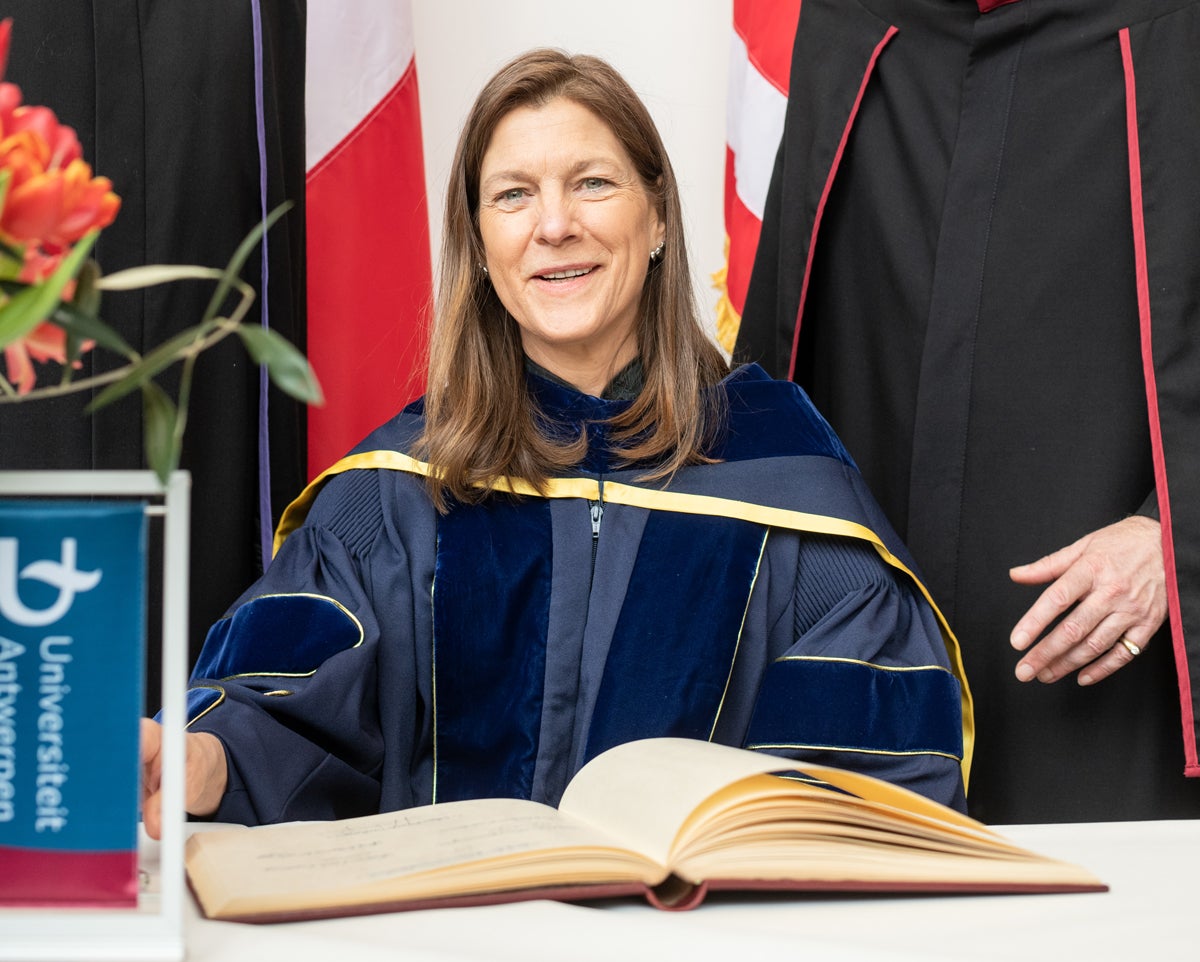
“What’s happened is that there has been a proliferation of so-called ‘traditional healers’ filling the space that vaccines should occupy,” says Larson. And it’s not solely a phenomenon found among like-minded, new-age cadres online, it’s prevalent at the governmental level too. Last year Andry Rajoelina, the president of Madagascar, promoted “Covid-Organics”, a herbal remedy which he says – with no supporting evidence – can prevent and cure the disease. WHO has cautioned against using any untested remedy but orders were placed by the governments of Tanzania, Liberia, Equatorial Guinea and Guinea-Bissau. Spurious claims have, of course, affected nations beyond Africa. Former US president Donald Trump suggested taking antimalarial drug hydroxychloroquine or injecting bleach, while Belarus president Alexander Lukashenko prescribed vodka and saunas which, although sound more appealing, are equally ineffective.
Quack cures aside, how do we overcome this growing lack of trust in mainstream medicine? Larson says the message given out by healthcare providers and governments is critical. But she also insists the messenger is as important as the message, and that the message must take account of the community receiving it. Reports that some black and ethnic minority communities in the UK were less likely to take up the offer of a vaccine – including, significantly, black and minority ethnic healthcare workers – is of concern, she says, but engagement with these groups should take a different form to engagement with the “mother nature” cohort, or people who listen to Trump or Rajoelina. “The messenger is vital because they need to be trusted,” says Larson. “But in many vaccine-hesitant groups it’s more about engagement with their concerns. Local people understand their communities and can adapt the message – engage with people, find out what is important to them. We must understand that it’s reasonable to be concerned.”
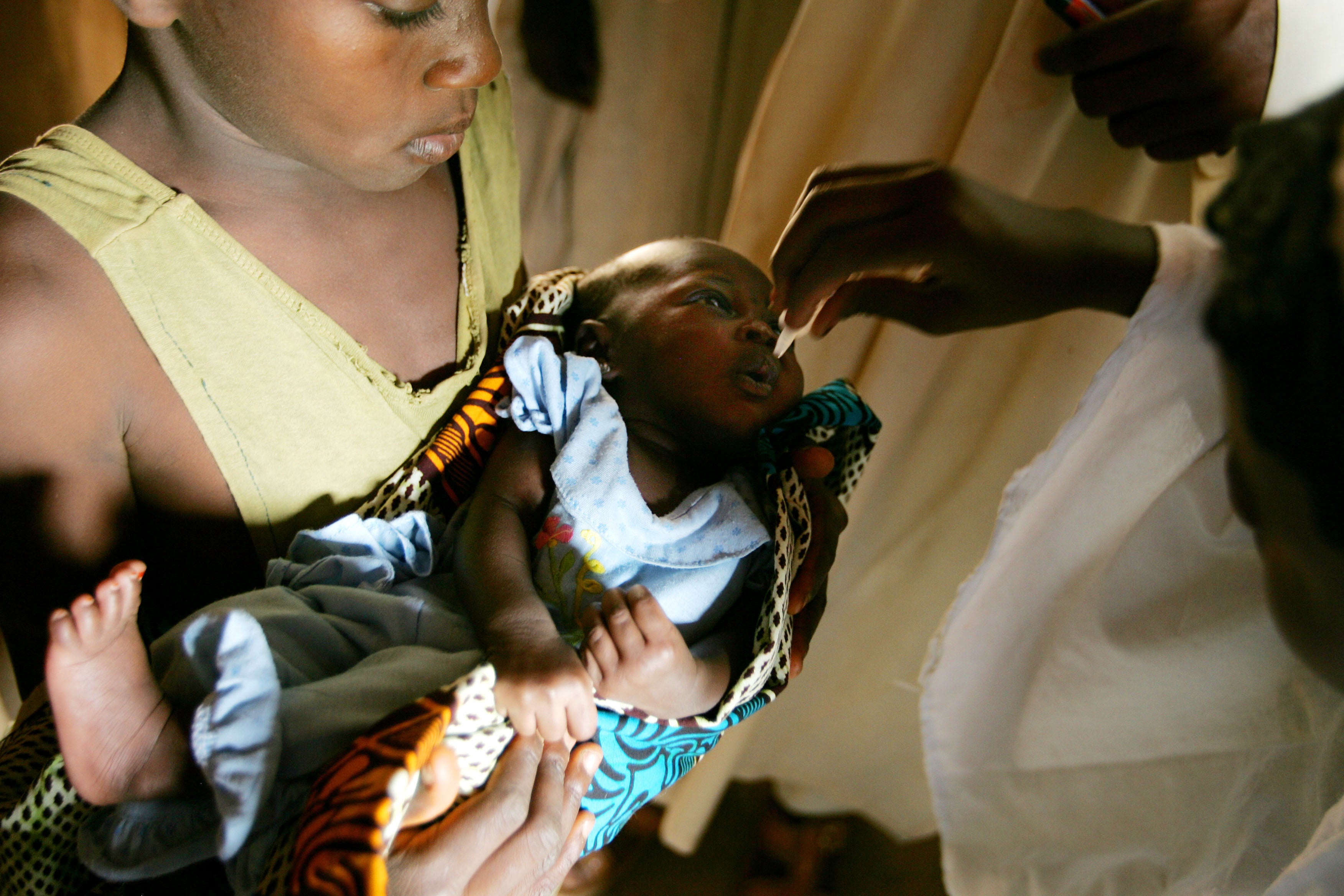
So how on-message is the UK government? “I think the basics are right,” says Larson before adding a note of circumspection. “The vaccine rollout is good too, but it only currently works for the willing.” Research suggests the most clinically vulnerable groups are generally the most likely to have the vaccine when offered, hence a take-up of around 90 per cent in the high-risk groups now being vaccinated. But Larson fears the possibility of “a bumpy road ahead because not everyone has or will line up to have the jab.” Indeed prime minister Boris Johnson recently called on 2 million people who have been contacted for vaccination but have not yet had the jab to come forward. Larson thinks the government should be more proactive and take steps to find out who isn’t taking the vaccine and why, rather than just making a general plea. With some surveys suggesting as many as four in 10 people in the UK might opt out of having the vaccine, and other countries even more hesitant, Larson believes those refusing need to be followed up rather than vaccinators just moving on to a group of more willing participants.
She believes that “a lot of the problem stems from the fact that science by its nature is uncertain, but people want certainty. Policy makers and politicians, like the general public, often find science difficult to comprehend. And they have constituents who don’t understand vaccines or are outright opposed to them. Surrounded by different opinions, politicians often hedge their bets and make poor calls. Part of the VCP’s remit is to spell out the evidence in simple, basic terms so that their message to their constituents and the wider population is clearer.
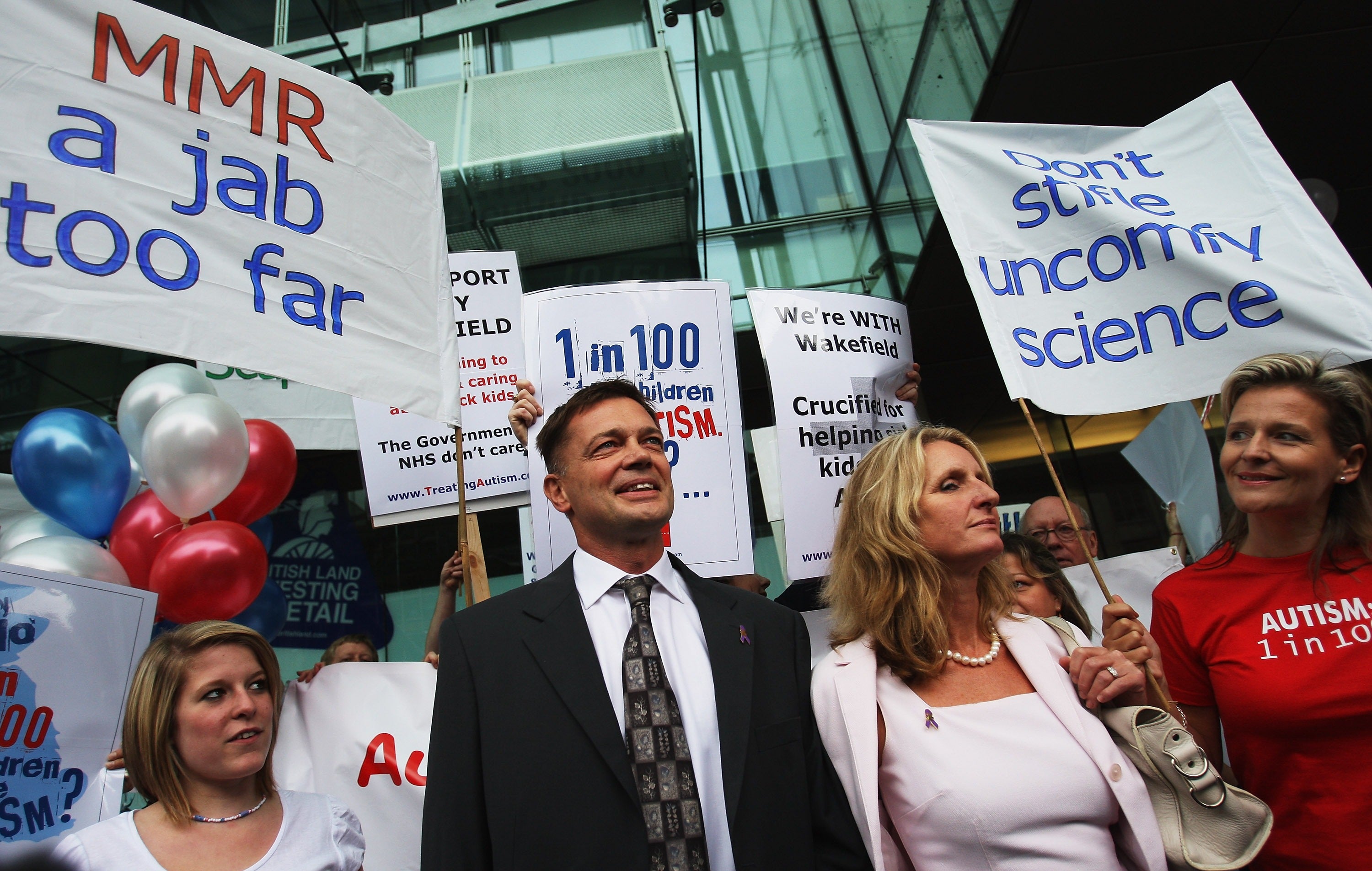
Where Larson believes the government has stumbled is in its decision to have a 12-week gap, rather than the manufacturers’ recommended three-to-four weeks, between the two doses administered to recipients. “My concern is not the effectiveness because I am sure that will hold up,” she says. “But it’s the effect it has on those who are hesitant. We spend so much time stressing to parents that their children should have their vaccines on schedule as instructed by the companies who produced and tested them. Parents worry that the MMR and polio jabs are ‘too much too soon for my child’ and ‘overload’ their systems, and we insist ‘sorry, but that’s the protocol’. And now the government is flouting that. So although it may be completely safe and effective it undermines the message and breaks the link between scientific evidence and scheduling.” We can likely expect vaccinators having to answer awkward questions from parents in the future who point out that it was OK to extend the scheduling with Covid so why not with their child’s early-years vaccinations.
Of the second major obstacle to widescale Covid vaccine uptake, misinformation, she says: “What it does – whether from social media or passed between the pews of a church or said in the pub – is to fill the space where real information is missing. We need to fill that space with evidence-based and verifiable advice. We also need people to be more critical before passing information on.”
Of course this is primarily a function of education, learning to be discerning about what is likely to be genuine and what isn’t. “What’s also difficult but necessary,” adds Larson, “is to help people to take a step back from mistrust of the government or big pharmaceuticals companies and think more directly of their family perhaps, or people close to them, and how Covid – or indeed any illness for which we can vaccinate – is affecting their lives every day. Covid is the most compelling case for vaccines in history. It can kill you or your family, whatever age they are. It has changed society. I’m not one for scare tactics but we must stress the gravity of the situation.” In that sense is it the biggest opportunity for promotion of vaccines we have ever had? “Yes it is,” replies Larson, “but we can’t just offer propaganda, we must have conversations about what makes vaccines a positive force. We must tell people it’s the only way for you and your family to come through this.”
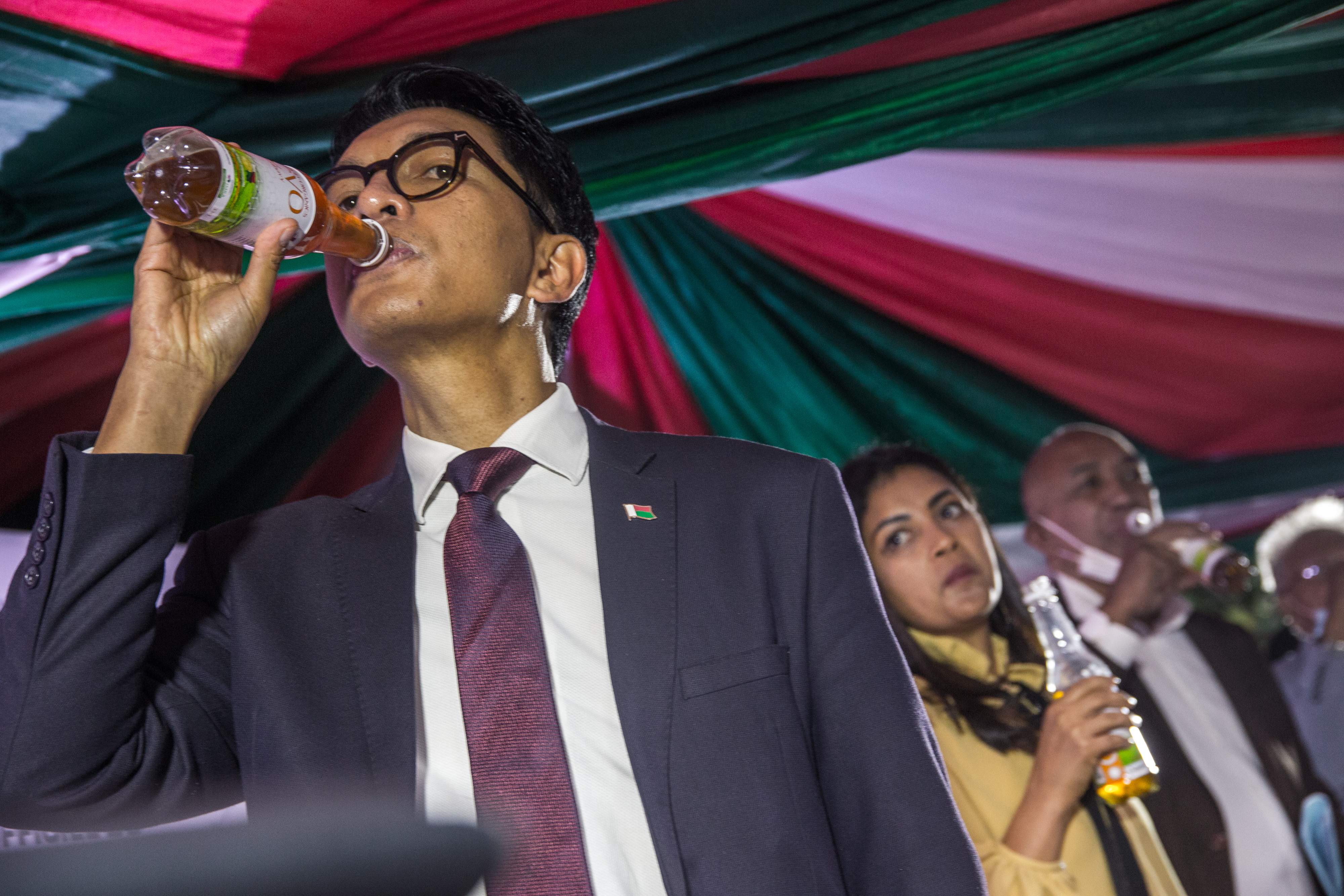
So is the trend worldwide towards greater mistrust of vaccines and mainstream medicine in general accelerating? “Not entirely,” says Larson. The VCP has undertaken research which shows that up until 2019 nations as diverse as Afghanistan, Indonesia, Poland and Serbia were losing confidence in vaccines while places such as Finland, Ireland and Italy were gaining confidence. “The trend can work in both directions,” says Larson and numerous factors are at work.” Again, mistrust of authority is significant. Lebanon has seen recent deep falls in vaccine intention following the explosion that devastated Beirut and revelations about government corruption and incompetence.
And once more misinformation can play its part. More VCP research has highlighted the impact of commonly circulating Covid vaccine misinformation online. Three thousand people in the UK were asked if they would definitely take a Covid vaccine. Those that said yes were then shown negative social media posts, including one from David Icke, the outspoken conspiracy theorist, claiming that 97 per cent of Covid vaccine recipients will become infertile. There was an immediate drop of 6.4 per cent in the group’s likelihood to accept the vaccine. “We need to identify the hesitant groups who have come into contact with such information,” says Larson.
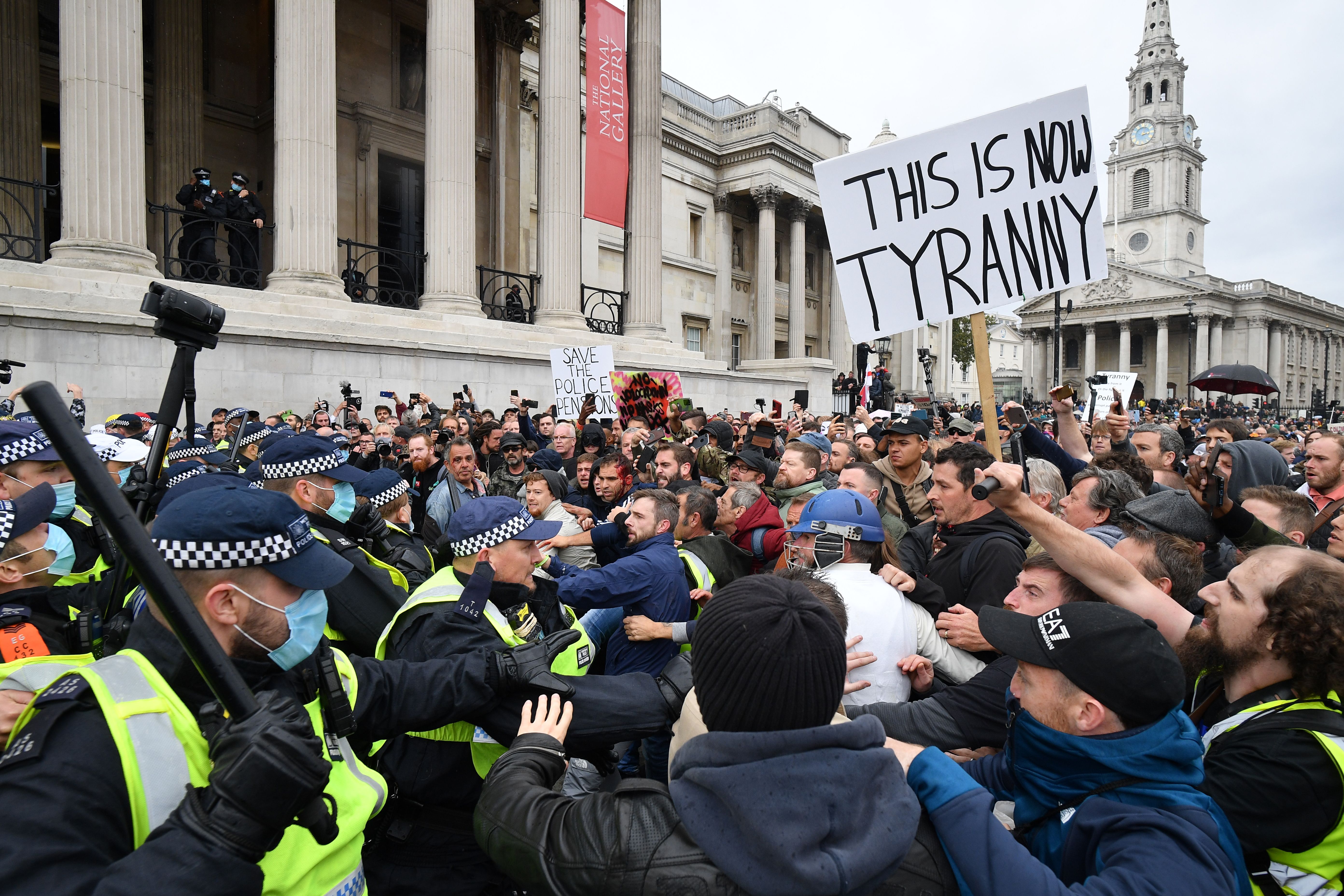
VCP is already doing this and it’s clear there are specific geographical locations in the UK where uptake is lower – areas of London and Manchester for example. “Both have diverse populations, minorities and communities. There are people with little social or geographic mobility, language difficulties, political mistrust of the government, issues with liberty, not wanting to appear on government records, immigration status, historical and political grievances. They may come from places where governments have routinely mistreated or stigmatised them or have religious or patriarchal structures where decisions are not always made by the individual,” says Larson. Research indicates that minority religious groups tended to have lower likelihood of uptake. “Underlying religious and philosophical beliefs and emotions influence vaccine decision making, particularly with social media amplifying dissenting voices,” says Larson.
Obviously there is a cohort who, whatever evidence-based information is forthcoming, will never take the vaccine, diehard anti-vaxxers among them. “There are those who still believe the Oxford vaccine will turn their kids into a chimp,” says Larson, but she is more concerned about “the 80 per cent of waverers who are in the middle merely doubtful about vaccines. Let’s face it, there is understandable anxiety. These are brand new vaccines developed quickly. People tell us ‘that’s why I’m hesitant’. And the situation changes rapidly, just watch the daily news. So you need empathy with such people. What is crucial is to never be reprimanding or shaming, it’s the wrong approach in such a fragile environment. Tone is so important.”
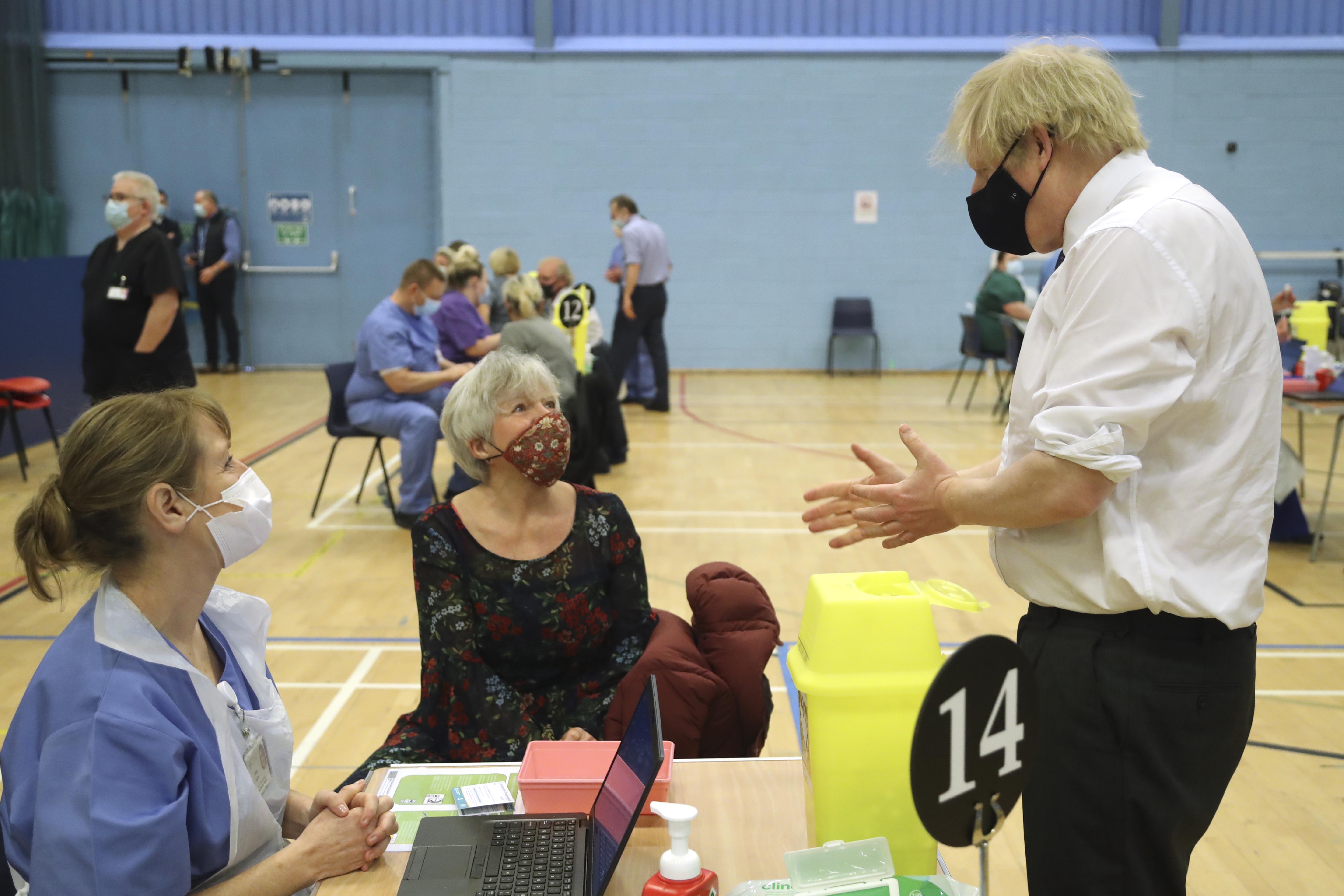
It’s a constant theme running through Larson’s discourse: don’t be judgmental, unlike some critical of her work. “I have received letters, emails and seen websites calling me the Tokyo Rose of vaccines, or acting as a spy for Bill Gates. Other letters are of a different sort – parents convinced their child was damaged by vaccines and that I should be ashamed of myself for promoting them. Some have called me a child killer.”
Presumably such people would not be in favour of mandatory vaccinations, as was once the case in Britain with the smallpox vaccine. And nor is Larson. “It has to be by consent,” she says. “Enforcement undermines public support, creates a backlash and actually leads to lower uptake. We just need to be honest with people about risk and benefit. Whenever I’m in public debates I’m always faced with an anti-vax mother naturally concerned for her child’s wellbeing strongly making the point that ‘vaccines are not 100 per cent safe’. And I’ll always agree. They are not. A handful of people will get bad side effects. But they are thousands and thousands of times safer than leaving yourself vulnerable to Covid, or polio, or tuberculosis. So I say to them that they are right, but the risk is beyond minute.” Statistics show that you are many times more likely to die in a car accident than of a reaction to a vaccine.
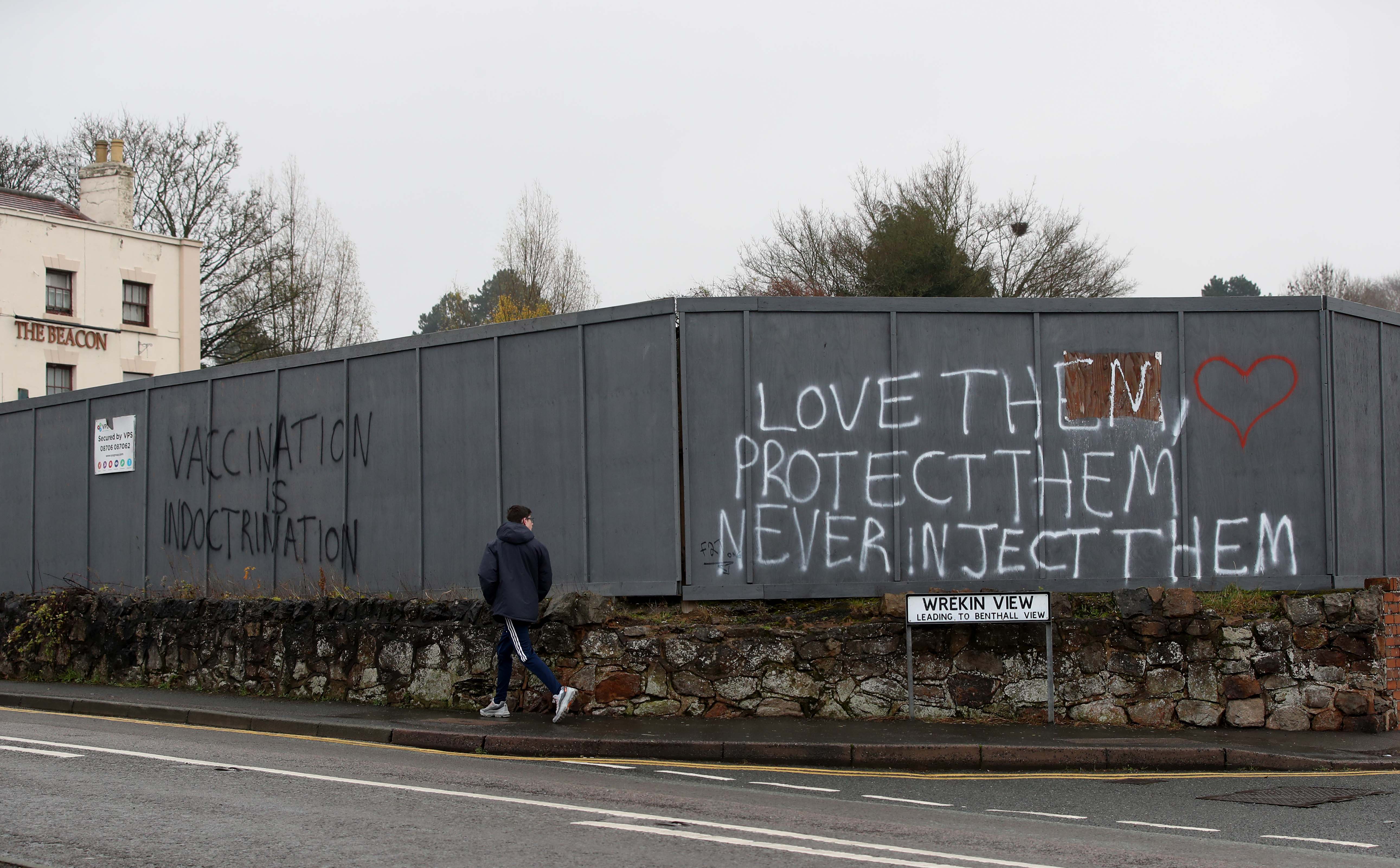
But it’s true that no vaccine is 100 per cent safe, nor 100 per cent effective in all cases – they can have side effects and long-term consequences we have yet to discover, hence comprehensive testing before release. And a small proportion will catch the disease they are vaccinated against but that is because, as we have seen with the recent Covid trials’ success rates of around 90-95 per cent, no vaccine is fully effective for everybody. But what level of coverage is necessary to produce the fabled “herd immunity” or “community immunity” as Larson prefers to call it? “Probably around 70 per cent,” she reckons but as we have seen it only takes one video from David Icke to wipe six percentage points off whatever total we are aiming for. It’s an almost Micawber-esque equation: 67 per cent and we are struggling, 73 per cent and we are sitting pretty.
On the positive side there is evidence that as other members of kindred communities have the vaccine and are successfully protected with no serious side effects hesitancy in those groups falls. “That’s correct,” says Larson. “We need as much diversity as possible in people taking it – religions, races, age groups – it builds confidence.” The BBC recently interviewed a care worker who was set against being vaccinated. Then she witnessed her co-workers taking it and the confidence, relief and joy it gave them and came to the conclusion her fears were unfounded. “Whatever gives people assurance,” says Larson. “Even celebrities or the Queen taking the vaccine help some people to make the decision to have it.”
But of course looming on the horizon is the likelihood that, in the wake of variants springing up around the world – as they do with any virus, especially RNA viruses, which Covid is – we may constantly need to tweak our vaccines for efficacy. Vaccination may become a rolling annual programme as it is for flu. This has led to reports that people are less likely to take up their offer of vaccination. But Larson is upbeat: “I’m not sure that will affect confidence – we have a parallel with the flu vaccine which maintains its levels of confidence and people are used to it. Complacency and laziness are more likely issues. As we enter a post-Covid vaccine era and treatments improve and deaths reduce, people may feel it’s unnecessary to keep updating their jabs. It will seem less imminently threatening. That would be my greatest concern.” She makes the pertinent observation that flu can still kill in huge numbers when a new strain appears. An outbreak in the United States in the winter of 2017-18 killed more than 80,000. We relax at our peril.
Covid has created a febrile atmosphere, one in which science is frequently misunderstood or actively believed to be damaging. Yet it’s estimated that vaccines have saved around 530 million lives since Edward Jenner created the first, for smallpox, back in 1796. That figure will rise dramatically in the coming years. But it remains a paradox of the human condition that in an era where medicine is safer and more accomplished than ever, some people still prefer to place their faith in healing crystals or a man in a video exhorting them to inhale steam. The VCP and Larson have to negotiate their way through the milieu with care. She firmly believes in being attentive to people’s fears rather than dismissing them as witless. “There is nothing wrong with the precautionary principle as long as we make it clear we are doing it for that reason alone,” says Larson. “But once you establish that a treatment is effective, life-saving even, then there is a duty to the community around you to provide them with that information. Put simply, that’s what we are trying to do.”
Join our commenting forum
Join thought-provoking conversations, follow other Independent readers and see their replies
Comments
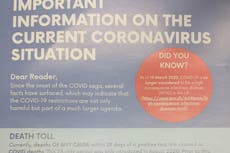


Bookmark popover
Removed from bookmarks